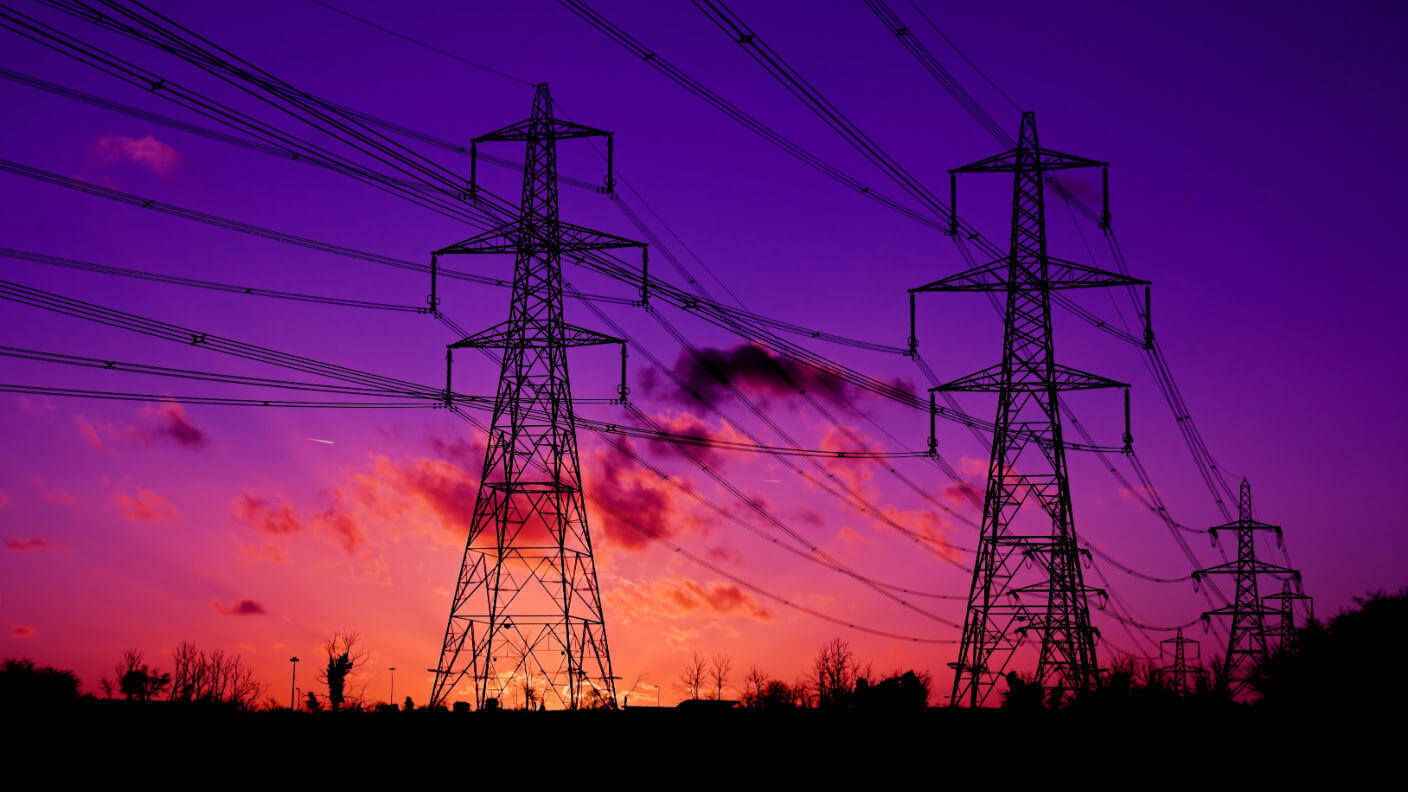NEWS
Electricity tariffs to rise by over 40-percent — Stakeholders

Nigerians should brace themselves for tougher economic times as stakeholders indicate that electricity tariffs are set to rise by over 40% in the coming days. This development could mark the end of all energy subsidies in the country, as reported by The Guardian.
The electricity sector continues to grapple with a monthly subsidy of approximately N50 billion due to revenue shortfalls. As of July 1, the impending tariff hike poses another significant challenge to President Bola Ahmed Tinubu’s administration and its market reform agenda.
Under the administration, subsidies on Premium Motor Spirit (PMS) have already been removed, and the naira has been floated, which has complicated the price-setting of the Nigerian Electricity Regulatory Commission (NERC) 2022 Multi-Year Tariff Order (MYTO).
Despite the signed contracts between the power sector players and NERC, the industry has been unable to meet the target of supplying a minimum of 5,000 megawatts per year. Against this backdrop, NERC’s current Service-Based Tariff was based on an exchange rate of N441/$ and an inflation rate of 16.97%.
The anticipated increase in electricity tariffs will likely have an impact on consumers and businesses across the country. As electricity prices soar, individuals and organizations will have to contend with higher bills, potentially straining their budgets and profitability.
The Nigerian government has been working to address the challenges in the power sector and ensure a reliable and sustainable electricity supply. However, the tariff hike poses yet another hurdle in the journey towards achieving affordable and accessible electricity for all.
The decision to raise tariffs reflects the need for the power sector to bridge revenue shortfalls, improve operational efficiency, and attract much-needed investments. Nonetheless, it also places additional financial burdens on consumers who are already grappling with rising costs of living.
As the proposed increase in electricity tariffs looms, stakeholders and the general public are eagerly awaiting further information on the specifics of the hike, including its impact on different consumer segments. The government will likely face scrutiny and pressure to provide adequate support measures to mitigate the potential adverse effects of the tariff increase on Nigerians.
The coming months will reveal the true impact of the electricity tariff hike, as Nigerians adapt to the new cost of electricity and the government continues to explore strategies to enhance the efficiency and affordability of power supply nationwide.